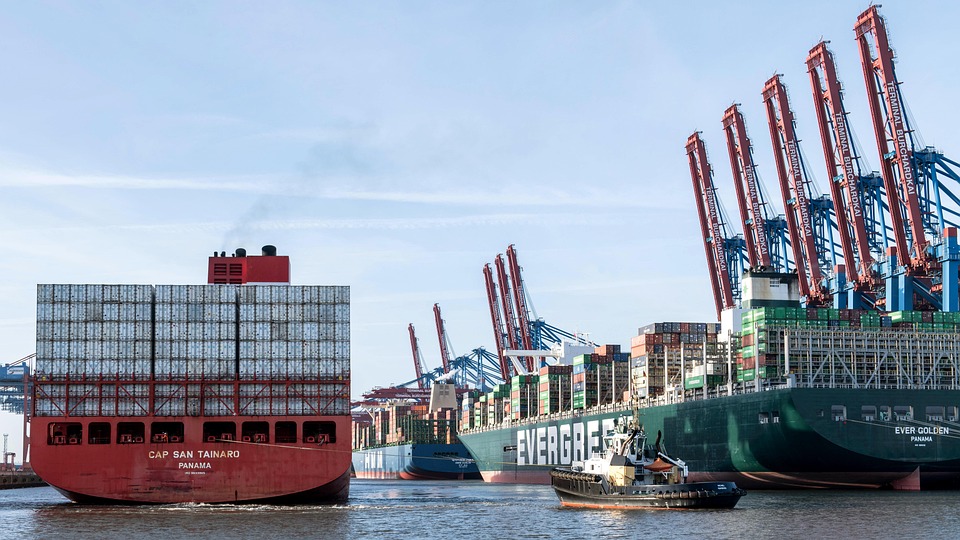The impact of U.S. tariffs on the world economy includes the risk of serious disruptions in cross-border production chains, warned the United Nations Conference on Trade and Development (UNCTAD).
The United States applies a 145% tariff on imports of Chinese products and the White House said that this rate may rise to 245%, while China imposed a 125% tariff on its imports of U.S. products. In both cases with some exceptions.
Impact of U.S. tariffs
UNCTAD said in a report that many companies record losses as a result of this trade war. In addition, a large number of companies are also postponing important investment and hiring decisions.
As part of his aggressive tariff policy, U.S. President Donald Trump imposed a minimum tariff of 10%. This measure will apply to almost all products and most countries. It will even affect the 57 countries or jurisdictions that had received a temporary suspension of reciprocal tariffs for 90 days.
However, Mexico and Canada were excluded from this rule. To maintain this exception, they must comply with the rules of origin of the Agreement between Mexico, the United States and Canada (USMCA). Otherwise, a 25 percent tariff will be applied.
On the other hand, Belarus, Cuba, North Korea and Russia were also excluded from this measure. These countries were already subject to various sanctions imposed by the United States.
Trade orders
Several countries have responded to the tariffs with retaliatory measures or similar threats. The situation remains in flux and could change at any time.
These tariffs, together with new trade restrictions, raise geo-economic tension. According to UNCTAD, this puts global production chains and trade flows at risk. As a result, the world economy is slowing down.
Despite this, the growth forecast for 2024 improved slightly thanks to the strong performance of the U.S. economy in the last quarter. However, this advance was limited by a slower expansion in Europe and Latin America.
The rebound at the end of 2024 was due to the anticipated increase in business orders and consumption in the face of the new tariffs. However, this dynamism will be temporary.

